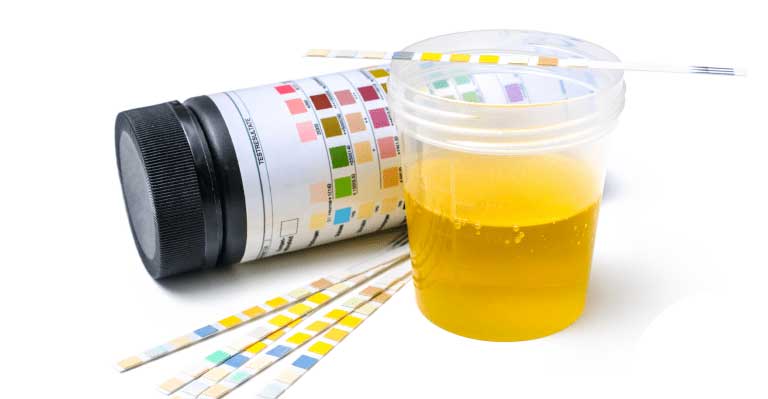
Vprašanje stranke:
Spoštovani, približno pol leta imam težave z vonjem urina. Nimam bolečin in tudi pekočega očutka pri uriniranju nimam, problem je samo vonj, ki je grozno smrdeč. Pred 4 tedni sem bila pri zdravniku, ki mi je povedal, da imam v urinu res zelo veliko, oziroma ogromno bakterij. Za antibiotik pa se zdravnica ni odločila. Verjetno imam porušeno hormonsko ravnovesje zaradi hormonske terapije - Nolvadex. Prebrala sem, da zelišče phyllanthus niruri - v ayurvedskih pripravkih zelo pomagajo proti bakterijam. Prosim, če mi lahko svetujete katera naravna stvar bi mi lahko najbolje in najhitreje pomagala. Mogoče tudi kakšno homeopatsko zdravilo? Hvala za odgovor in lep pozdrav
Odgovor:
Spoštovani, zahvaljujemo se za vaše vprašanje. Uroinfekcije so dandanes zelo pogosta težava, zato upamo, da bomo s pomočjo nekaterih predstavljenih produktov lahko pripomogli še komu s podobnimi težavami.
Urin je precej zapletena mešanica “odpadnih" snovi in je večinoma sestavljena iz sledečih sestavin (procenti seveda variirajo):
- 95 % vode
- 2 % urea
- amonijak
- klorid
- natrij
- kalij
- kreatinin
- sulfat
- fosfat
- urinska kislina
Nekatere izmed sestavin urina imajo že same po sebi lahko precej neprijeten vonj, kar je moč zaznati predvsem takrat, ko je urin zelo koncentriran, sicer pa ponavadi normalen urin nima izrazitega neprijetnega vonja. Njegov vonj je odvisen od številnih dejavnikov ter predvsem zdravstvenega stanja osebe. Tako na vonj lahko vpliva že sama prehrana človeka, zato manjša sprememba v vonju urina ne pomeni nujno tudi resne zdravstvene težave.
Normalen urin: ima aromatičen vonj
Nenormalno stanje urina (je lahko posledica nekaterih bolezenskih stanj ipd.)
vonj po amoniaku: v primeru da urin stoji dalj časa
fekalen vonj: posledica urinarne infekcije
vonj po sadju: ketoza
vonj po žarkem: tirozinemija
vonj po sirupu javorja: MSUD
Na podlagi vonja ter barve urina lahko marsikdaj sklepamo že sami o sami težavi, da pa potrdite predvideni problem je marsikdaj potreben klinični ter laboratorijski pregled vzroca urina, kjer preverijo prisotnost belih ter rdečih krvničk, nitritov, bakterij ter prisotnost specifičnih spojin, ki so pogoste v primeru vnetja mehurja.
Kako pozdravimo morebitno infekcijo?
Najpogosteje je tako, da je v primeru uroinfekcije predpisan kar antibiotik, kar pa v določenih primerih ni izvedljivo ali smiselno (prekomerno uživanje antibiotikov vsekakor ni priporočljivo, zato je smiselno narediti čim več na preventivi).
Vsekakor si lahko pomagamo tudi sami in sicer v prvi vrsti zaužitje čim več vode. Smiselno je uporabiti tudi kombinacijo vitamina C (askorbinska kislina) ter koncentriran sok ameriške brusnice. Ekstrakt te pripomore k zmanjšanju koncentracije bakterij, mehanizem delovanja brusničnega koncentrata pa je ta, da zniža pH urina, kar je izredno neprimerno okolje za razmnoževanje bakterij ter prepreči pričvrščevanje bakterij na steno samega mehurja.
Vse izdelke, ki so smiselni za reševanje tovrstnih težav lahko kupite na spodnjih povezavah.
Ali lahko vplivamo na pojavnost uroinfekcij?
Določene spremembe življenskega stila ter prehranjevanja lahko signifikantno vplivajo na pogostost pojavljanja uroinfekcij. Pogosto se zdravniki pri ljudeh, ki imajo zelo frekventne uroinfekcije odločijo za tako imenovano profilaktično zdravljenje.
Spremembe življenskega stila
Predlagane spremembe lahko pripomorejo k zmanjšanju pojavnosti uroinfekcij:
- spij vsaj 6-8 kozarcev vode na dan, v primeru težav z ledvicami se je o vnosu tekočin venomer nujno posvetovati z zdavnikom,
- pij koncentriran sok ameriške brusnice ali naredi vsake toliko časa terapijo s prehranskim dopolnilom, ki vsebuje koncentriran ekstrakt ameriške brusnice,
- uriniraj takoj, ko začutiš, da je to potrebno; ne čakaj, da se mehur prekomerno napolne,
- raje se tuširaj kot namakaj v kopeli; še posebej pri ženskah je to lahko problem, saj lahko določeni infekti preidejo iz vode v mehur,
- dnevno menjaj spodnice, vzdržuj higieno intimnih predelov
- ne uporabljaj tamponov, pač pa sanitetne vložke, ki se namestijo na perilo,
- uriniraj pred in po spolnem občevanju,
- uporabljaj nespermicidne lubrikante.

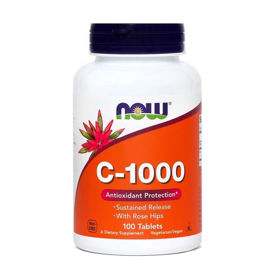
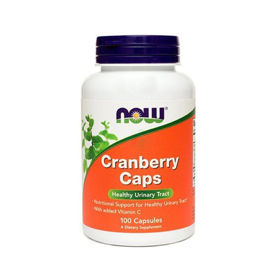
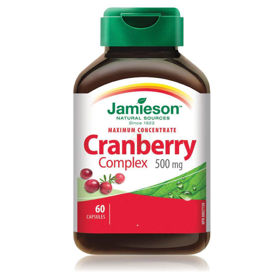
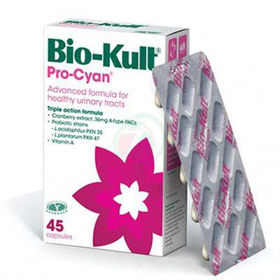
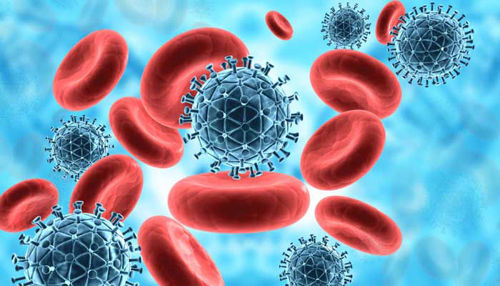


 Facebook
Facebook
 Instagram
Instagram
 info@moja-lekarna.com
info@moja-lekarna.com

